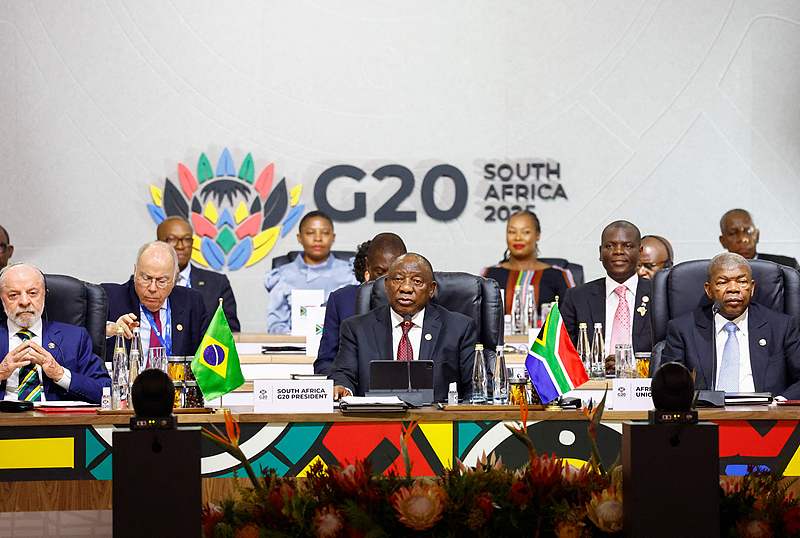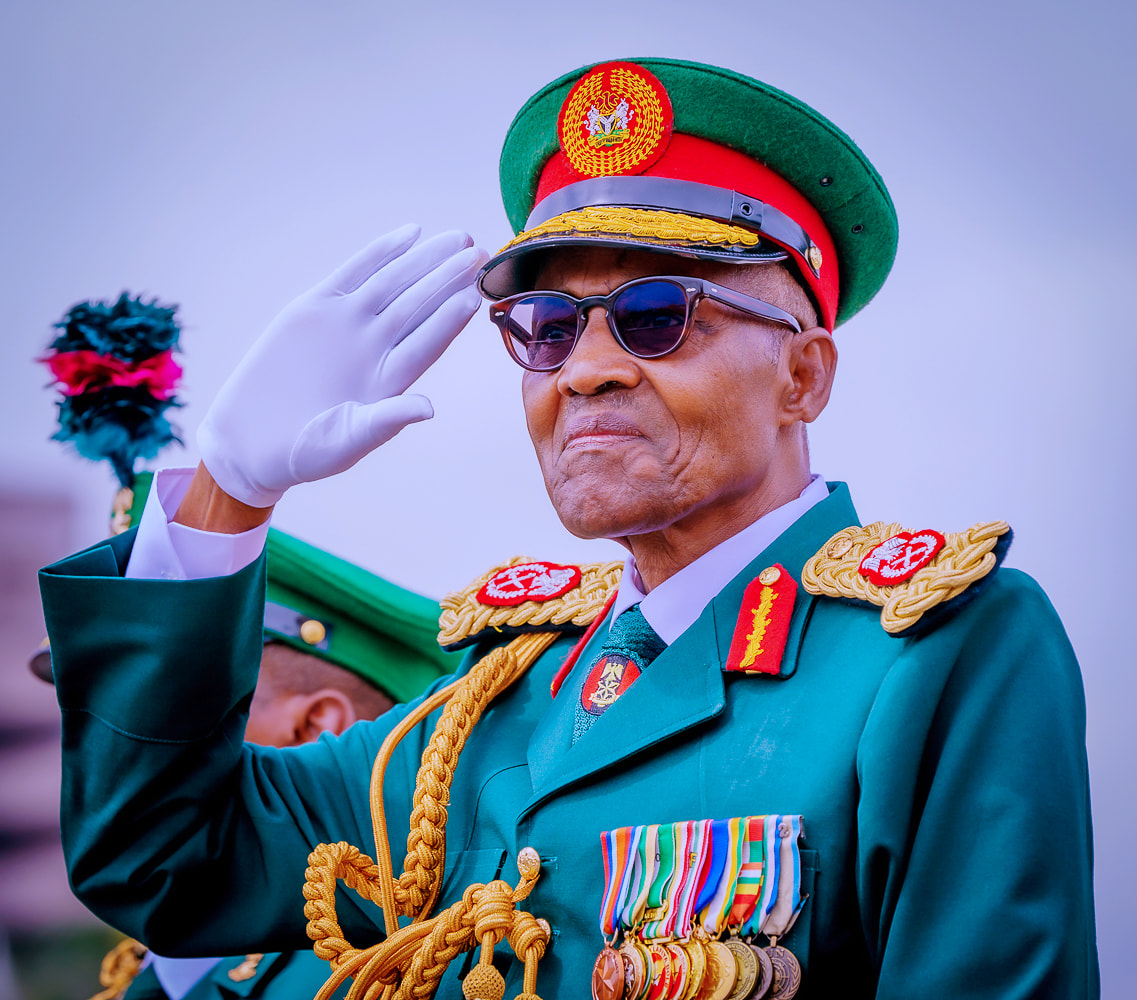
Nigerian President Muhammadu Buhari dies
Nigeria is mourning the loss of former President Muhammadu Buhari, who passed away at the age of 82 in a London hospital following a prolonged illness. A towering figure in Nigerian history, Buhari had an illustrious career, serving as both a military head of state and a democratically elected president.
Early life and military career
Born on December 17, 1942, in Daura, Katsina State, Muhammadu Buhari was the youngest of 23 children in a Muslim family. He was named after the ninth-century Islamic scholar, Muhammad al-Bukhari.
He began his education in Daura and Maiduguri, later attending Katsina Provincial Secondary School (now Government College, Katsina), where he earned his West African School Certificate.
In 1961, at the age of 19, Buhari joined the Nigerian Army, training at the Nigerian Military Training College in Kaduna. He furthered his education in the United Kingdom, India, and the United States, including the U.S. Army War College.
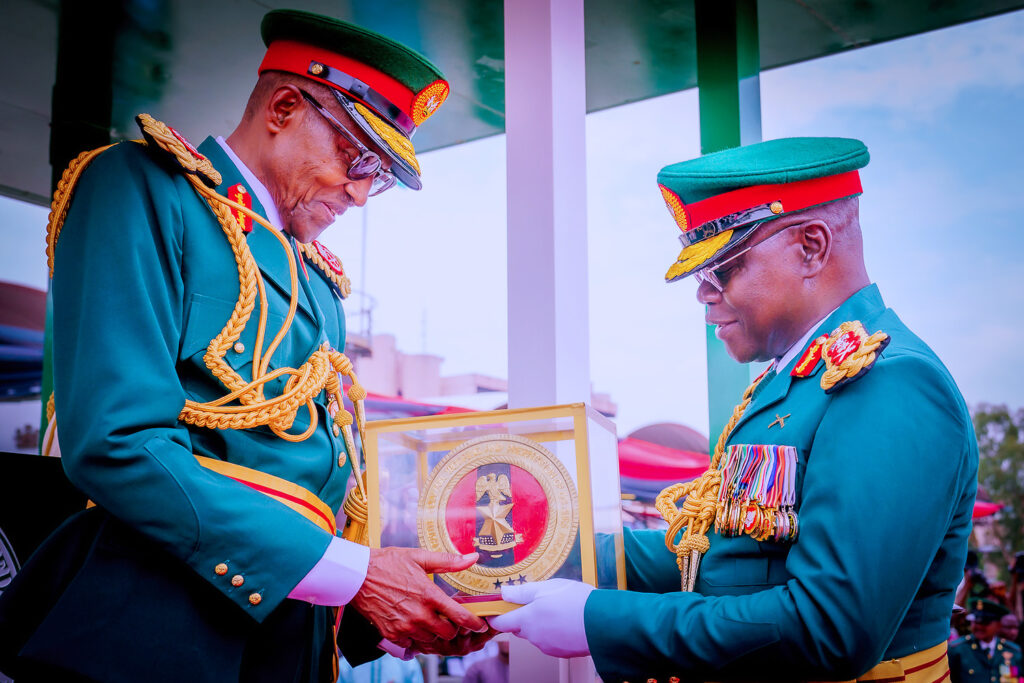
Buhari’s military career was distinguished, with key appointments including Military Governor of the North-Eastern State, Federal Commissioner for Petroleum Resources, and Chairman of the Nigerian National Petroleum Corporation. During the Nigerian civil war (1967-1970), he commanded infantry units and earned respect for his bravery and leadership.
In December 1983, Buhari became Nigeria’s military head of state following a coup, pledging to combat corruption and mismanagement. His 20-month rule was marked by strict discipline, policies promoting punctuality, and economic reforms that resisted pressure from the global funder, the International Monetary Fund.
However, his administration also faced criticism for authoritarian practices, including an attempted kidnapping of a political opponent in the UK. He was overthrown in a 1985 coup and subsequently detained for 40 months.
Political journey and historic presidency
Buhari re-entered public life in 2003, contesting the presidential elections under the All Nigeria Peoples Party in 2003 and 2007, and later under the Congress for Progressive Change in 2011. Despite electoral defeats, he consistently garnered millions of votes.
His persistence paid off in 2015 when, as the candidate of the newly formed All Progressives Congress, he defeated incumbent President Goodluck Jonathan. This marked the first time in Nigeria’s history that an opposition candidate unseated a sitting president. Buhari was re-elected in 2019 and served until 2023.
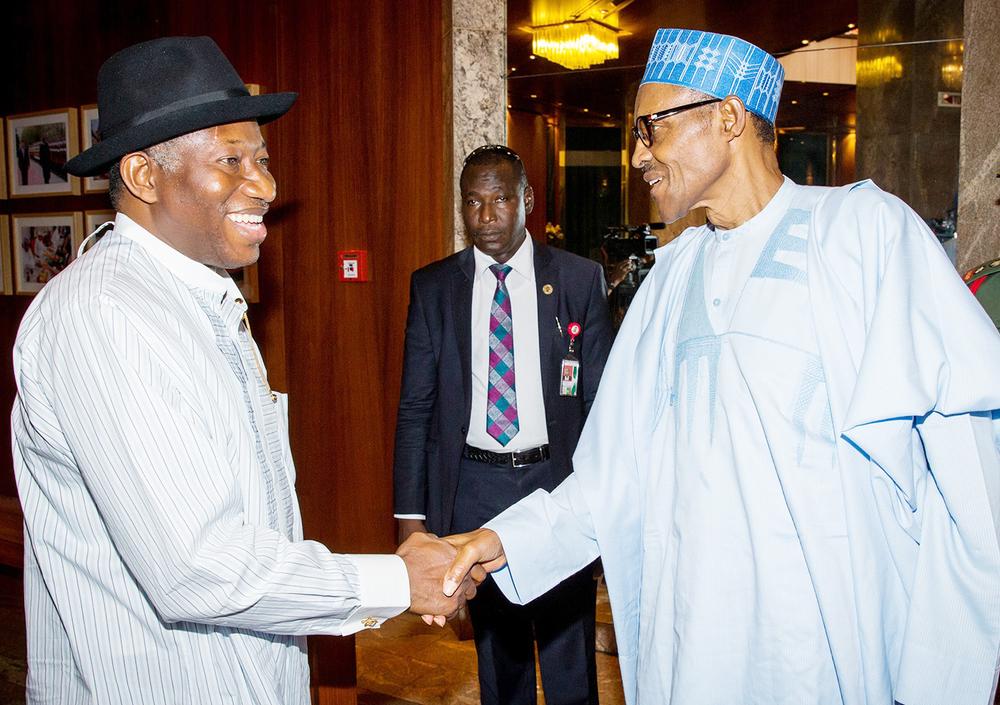
Buhari’s presidency (2015–2023) focused on tackling corruption, insecurity, and economic challenges. His administration launched the National Social Investment Program, which included N-Power and the Conditional Cash Transfer Program, aimed at youth employment and poverty alleviation.
Major infrastructure projects—such as roads, railways, and the Kolmani oil field discovery—were touted as cornerstones of economic progress. Buhari also prioritized modernizing the military to combat Boko Haram and other insurgencies.
Despite these efforts, his tenure faced major challenges. The economy entered a recession, unemployment soared (reaching 23 percent), and the naira suffered from overvaluation, worsened by low oil prices and widespread crude oil theft.
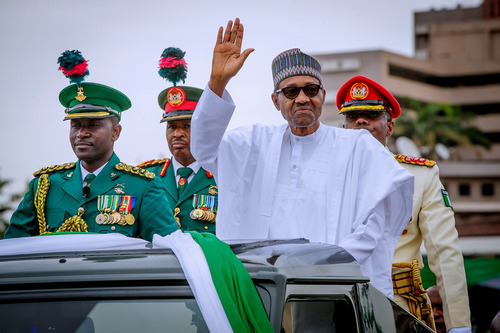
His anti-corruption drive was criticized for allegedly targeting political opponents, with few high-profile convictions. Insecurity worsened, marked by rising banditry, kidnappings, terror activities by the Boko Haram, especially in the northern part of the country, and the 2020 Lekki Toll Gate shooting of unarmed protesters against police brutality, which drew widespread condemnation.
Health and controversies
Buhari’s health was a recurring national concern. He took multiple medical trips to London, including a 104-day stay in 2017, which sparked rumors of his death and claims he had been replaced by a body double named “Jubril.” He dismissed the speculation in 2018, stating, “It’s the real me, I assure you.”
These health-related absences reignited national debates about the state of Nigeria’s healthcare system and the reliance of public officials on foreign medical care. Indeed, even in his death, Nigerians continue to express their views regarding poor health facilities in the West African country.
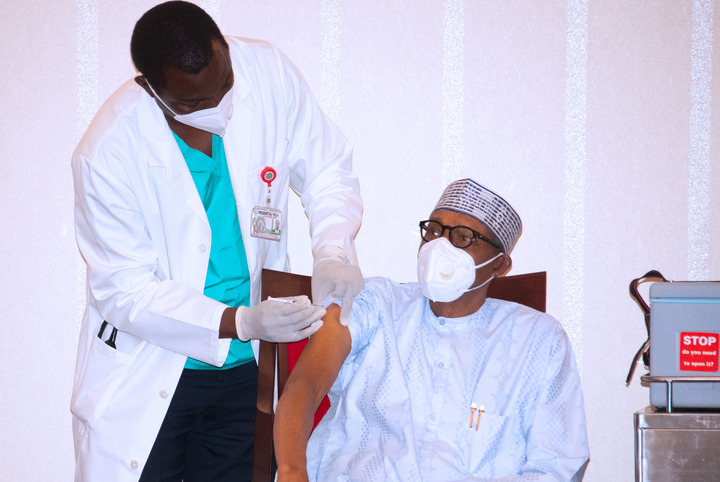
Personal life and legacy
Buhari was married to Safinatu Yusuf (1971–1988) and, from 1989, to Aisha Halilu. He was the father of ten children. Known for his austere lifestyle and reputation for integrity, he was honored with traditional titles such as Ochioha I and Ikeogu I of Igboland.
His slogan, “I belong to everybody and I belong to nobody,” captured his image as a principled leader, particularly admired among northern Nigeria’s talakawa (common people).
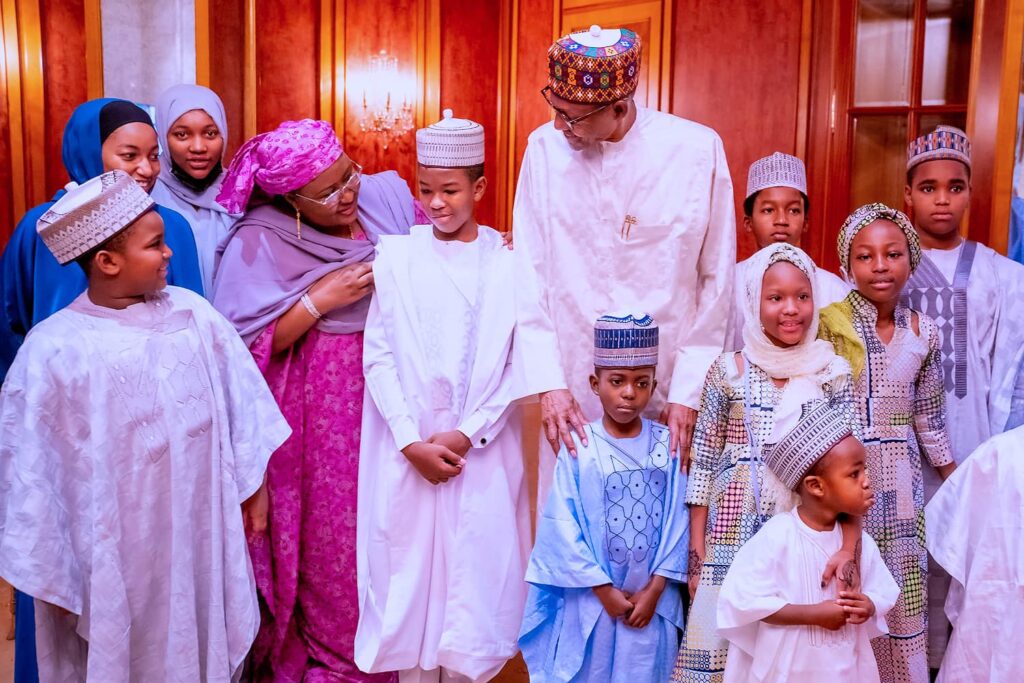
Buhari died in London on July 13, just weeks after a visit from Vice President Kashim Shettima, who had been sent by President Bola Tinubu. In response, President Tinubu ordered flags flown at half-staff and tasked Shettima with accompanying Buhari’s remains to Nigeria for burial according to Islamic rites.
Tributes poured in from across the globe. Islamic scholar Mufti Menk praised Buhari’s discipline and moral uprightness, while critics, including journalist Fisayo Soyombo, reflected on what they saw as unfulfilled potential despite the public’s initial goodwill.
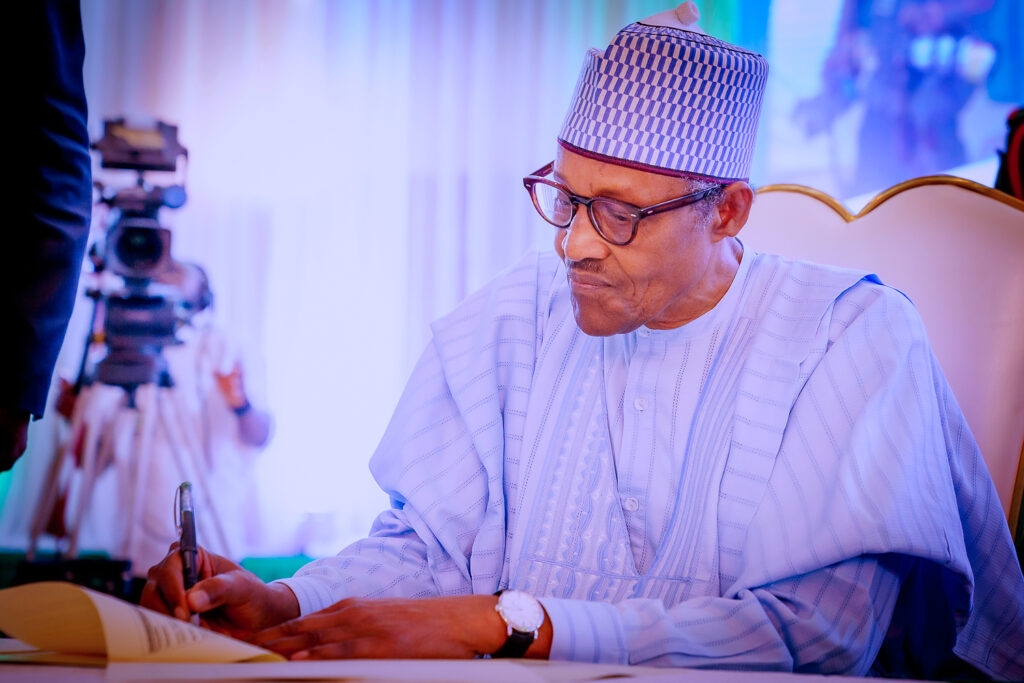
Muhammadu Buhari’s life was marked by triumphs, challenges and controversies. From a young soldier to a two-time leader of Africa’s most populous nation, he guided Nigeria through periods of profound change.
His legacy—rooted in his reputation for incorruptibility, yet shadowed by economic and security challenges—will continue to inspire debate for generations to come.
(With input from wires and Nigerian Presidency)






